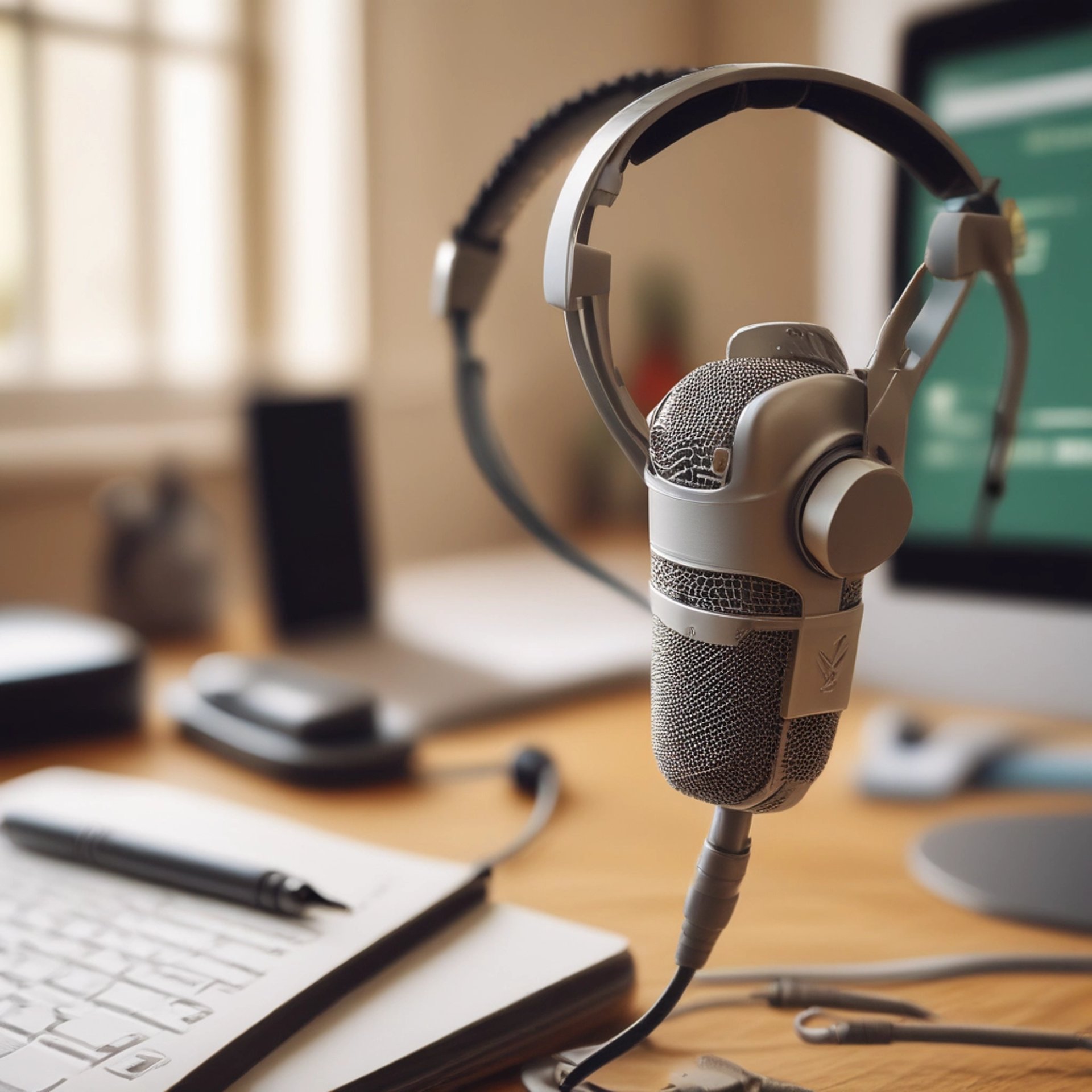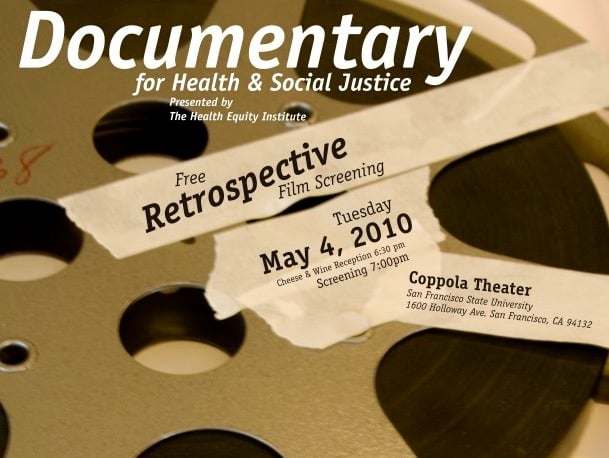Storytelling to rebuild connection with ourselves, each other, the Earth, and all her beings.
What story do you want to live?

In development
This fictional podcast unfolds through letters between Isalia Solengelo, a reclusive, formerly renowned psychologist in her fifties, and her mentor Navid Azad who once guided her through the aftermath of profound loss and psychosis.
At his urging, Isalia returns to clinical work with three clients trying to help someone they love get through debilitating mental illness. Beneath their words of care lies a more insidious truth: each is caught in their own version of survival silence.
Having internalized the messages from family and society at large that to be safe, valued, and accepted is to hide pain, stay strong, and carry on, each has lost, to varying degrees, their ability to show up and connect through their own honestly and vulnerably.
Through Isalia’s correspondence with Navid, we witness both her and her clients grappling with the invisible weight and desperate need to be the knower , the fixer, the doer. As the letters unfold, so does the painful work of unlearning silence, speaking the shame, listening to one's own limitations while still trying to make ours a healthier, more just, and equitable world.
The Recovered Letters
"I can't understand it. She's never known suffering, never known real pain, I mean real pain like I've lived through, the stuff people like to call trauma. There's really nothing in her life that justifies this kind of deep ongoing depression."
"I know it's the disease talking, but that doesn't mean it's still not selfish. How long will I have to keep finding a new hiding place for his meds? Every. Single. Day. So he doesn't find them and overdose on purpose?"
"It's safer for her to be in a mental institution, and I need your help so the rest of my family can understand that."
Documentary for Social Change
Moss Piglet Studio, founded by Rachel Poulain, is a new creative space launched in association with California Newsreel, the nation’s oldest social issue documentary production and distribution organization.
The featured projects highlight Poulain’s contributions as a key creative leader at California Newsreel, The California Endowment, and San Francisco State University; and in collaboration with educators, advocates, and community organizers. These projects reflect the Studio’s commitment to using story-based media to disrupt silence, build community power, and strengthen equity and justice movements.
Building Narrative Power
This animated film + ancillary tools explore the power of narrative,
why some ideas take root, while others disappear.
Power & Health
Our health isn’t solely determined by medicine, doctors and genetics. Instead, sociological, economic and racial conditions have a greater impact on our wellbeing. What inevitably shapes these conditions is Power. "Power and Health" examines the role of power in our society and how it can be reshaped through community, belonging and inclusion in order to reshape our health.

This acclaimed five-part documentary series and companion tools illustrate how a strong start for all our kids can lead to better individual outcomes & a healthier, safer, more prosperous and equitable America.
The four-hour acclaimed documentary series, broadcast by PBS and used by thousands of organizations around the country, crisscrosses the nation uncovering startling new findings that suggest there is much more to our health than bad habits, health care, or unlucky genes. The social circumstances in which we are born, live, and work can actually get under our skin and disrupt our physiology as much as germs and viruses.
The Raising of America
UNNATURAL CAUSES
Early Childhood and the Future of our Nation
Narrative Power: The Epic Adventure (TRT 26:49)
Power & Health (TRT 56:36)
Ep 1. THE RAISING OF AMERICA: The Signature Hour (Trailer, TRT 00:31)
The science is clear: when parents are stressed, babies pay the price. That is why improving conditions for families with young children is one of the best investments any nation can make.
Ep 2. ONCE UPON A TIME: When Childcare for All Wasn't Just a Fairytale (Trailer, TRT 03:00)
Imagine how things would be different today if high-quality childcare and pre-K was affordable and available to every family who wanted it. It almost happened.
Ep 4. WOUNDED PLACES: Confronting Childhood PTSD in America's Shell-Shocked Cities (Trailer, TRT 02:51)
What happens to children and neighborhoods shaken by trauma and toxic stress? What does it take to heal?
Ep 3. ARE WE CRAZY ABOUT OUR KIDS (Trailer, TRT 02:56)
Economists are clear: investing in high-quality early care and education is good for our kids and communities, and even pays for itself many times over. So, why aren’t we investing?
Ep 5. DNA IS NOT DESTINY: How the Outside Gets Under the Skin (Trailer, TRT 04:00)
How do our social environments (nurturing, toxic, and in-between) alter the epigenetic ‘dimmer switches’ that turn our genes on and off—with enduring consequences?
Is Inequality Making Us Sick?

Ep 1. UNNATURAL CAUSES: In Sickness and In Wealth (Trailer, TRT 04:31)
How does the distribution of power, wealth and resources shape opportunities for health?How do our social environments (nurturing, toxic, and in-between) alter the epigenetic ‘dimmer switches’ that turn our genes on and off—with enduring consequences?
Ep 2. WHEN THE BOUGH BREAKS (Excerpt, TRT 06:07)
Can racism become embedded in the body and affect birth outcomes?
Ep 3. BECOMING AMERICAN (Excerpt, TRT 01:11)
Latino immigrants arrive healthy, so why don’t they stay that way?
Ep 5. PLACE MATTERS (Excerpt, TRT 03:35)
Why is your street address such a strong predictor of your health?
Ep 4. BAD SUGAR (Excerpt, TRT 07:22)
What are the connections between diabetes, oppression, and empowerment in two Native American communities?
Ep 6. COLLATERAL DAMAGE (Excerpt, TRT 06:07)
What How do Marshall Islanders pay for globalization and U.S. military policy with their health?
Ep 7. NOT JUST A PAYCHECK (Excerpt, TRT 03:57)
Why do layoffs take such a huge toll in Michigan but cause hardly a ripple in Sweden?






From 2006 until 2016, the Health Equity Institute’s Documentary for Health and Social Justice interdisciplinary course at SFSU resulted in over 50 student films produced in partnership with community organizations. Topics ranged from pursuing excellence under the DREAM Act to rights for incarcerated women to truck drivers advocating for living wages and healthier work conditions. These films are archived for community use.
Documentary for Health and Social Justice
Health Equity Institute
San Francisco State University
________________________________________________________________________
________________________________________________________________________
________________________________________________________________________
________________________________________________________________________
About
Why Moss Piglet?
Tartegrades, aka water bears, aka moss piglets are a sign of hope, they are resilient and can get through the toughest of times, emerging from cryptobiosis after enduring immensely challenging conditions:
Extreme temperatures, ranging from -130 °C (-200 °F) to above the boiling point of water!
Exposure to outer space!
Extreme pressure!
High levels of radiation!
Tardigrades have survived our planet’s last five mass extinction events and they can be found pretty much anywhere on Earth, including Antarctica.
They thrive in moss and lichen, as well as mud volcanoes, hot springs, sand dunes, leaf litter, and marine sediments among other habitats.
May we all survive the extremes and thrive globally.
Our People
RACHEL POULAIN, MPH
she/her/hers
Founder & Creative Producer, Moss Piglet Studio
Executive in Residence, California Newsreel
Rachel (sounds like Rah-shell) is a storyteller, strategist, and educator who has spent nearly three decades advancing health equity, systems change, and social justice using media tools, public engagement, and education. As a public health leader, she has co-led statewide narrative change strategy at The California Endowment which included partnering with PBS SoCal on Health & Power; organizing yearly convenings for California public health departments; launching CalEndow Live that provides free public programming on health and racial equity topics; and executive producing the Building Narrative Power multimedia project. Rachel co-produced the award-winning documentaries Unnatural Causes: Is Inequality Making Us Sick? and The Raising of America: Early Childhood and the Future of Our Nation at California Newsreel and led the accompanying highly successful national public engagement campaigns. Rachel taught Documentary for Health and Social Justice at San Francisco State University resulting in more than 50 student. Rachel has collaborated with hundreds of organizations to shift public narratives and policies toward equity and belonging.
MEGHAN CLOUSE, MPH
she/her/hers
Strategy Advisor
MALLORY ERICKSON
she/her/hers
Fundraising Advisor
QING SAVILLE, MJ
she/her/hers
Creative Contributor
___________________________________________________
___________________________________________________
___________________________________________________


